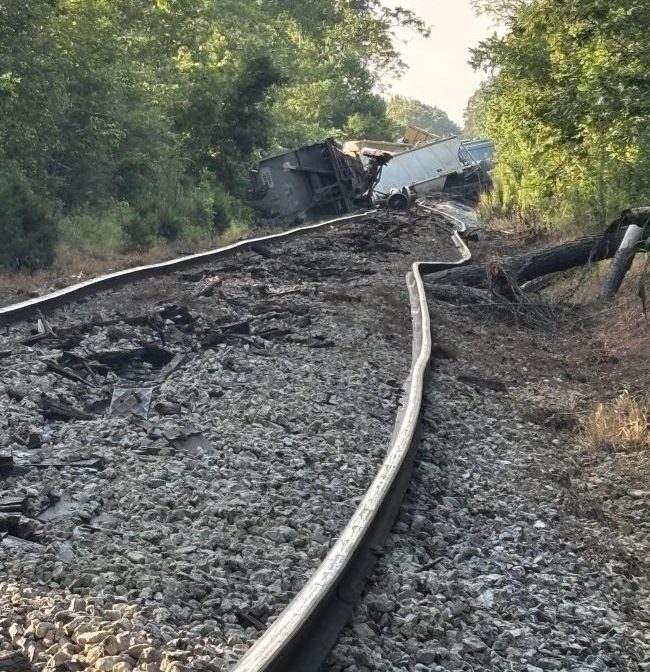Purest gratitude is forged by adversity
Published 4:50 am Tuesday, November 24, 2020

By Jim Burns
“He preached as a dying man to dying men.” Rev. John Burns’ congregation in Lawrence, Massachusetts, knew he was suffering from a fatal kidney disease and was in his last days on earth. “As the taper of life grew shorter, he preached the gospel with all the grace of novelty.”
Trending
Captain Burns had survived Gettysburg and 27 other blood-soaked battles in the Civil War. Sickened by the sights of war, he became a minister “to make the world a better place.” But due to the kidney disease, he had just six years in the pulpit before feeling the sting of death.
We celebrate Thanksgiving in all the diverse stings of life as well as death — and even in the grip of a viral plague. Whatever your situation may be this year, the Bible instructs us to “give thanks in all circumstances.”
If mankind disappoints us, take heart in “the beauty of the earth and the glory of the skies…Lord of all, to thee we raise a hymn of grateful praise.” But the purest form of gratitude is forged in the crucible of adversity.
James and Elizabeth Burns lost their two children to a frontier fever in the fall of 1805. Jane, age 3, died on September 25 and her brother Alexander, 1, ten days later. An uncle in the north of Ireland wrote a stoic letter of condolences to the young couple.
“I am sorry to hear of the deaths of your children, but still I hope that you will submit to the Lord’s will and be thankful for every dispensation of his providence that He is pleased to send your way, that is to say the Lord giveth and the Lord taketh away, blessed be the name of the Lord.”
An ancestral cousin suffered similar grief, illness taking his daughter and granddaughter, both named Nancy. Yet his gratitude to God was strong enough to break through this bleak blanket of sorrow.
Trending
He wrote: “The all-wise giver of every good bestows on his unworthy subjects the necessities and comforts of life, both spiritual and temporal. I feel at times that I should blush at my ingratitude.”
Another couple with six children living in humble circumstances focused on the basics. “We thank God that we always have plenty to eat and clothes to wear. We are as happy and content as can be expected.”
David Acheson, a neighbor in both Ireland and America, expressed gratitude to his parents for his upbringing. “When I reflect on the care you bestowed upon me, the pains you took to instruct my youth in virtuous things, I wonder how it is possible for children to ever be ungrateful to their parents.”
Just a step beyond gratitude lies the need and opportunity for sharing. This need was clearly seen by a missionary cousin serving in India.
“Righteousness has exalted our nation. God’s commands
for us to better the world’s conditions are unmistakable. No man can live merely for himself nor can a nation.”
Through any haze of hardship burns a ray of sunshine. But its promise will only be captured if we reflect on our bonds of kinship and friendship and both where we are and what we have.
As a God-fearing nation, we rest on a bedrock of belief as well as a bountiful harvest. May we bow our heads and give thanks to our Creator and provider. May we never need to blush at our ingratitude. And may we instruct our youth in virtuous things.
James F. Burns is a retired professor at the University of Florida. Write to him at burns@ise.ufl.edu





